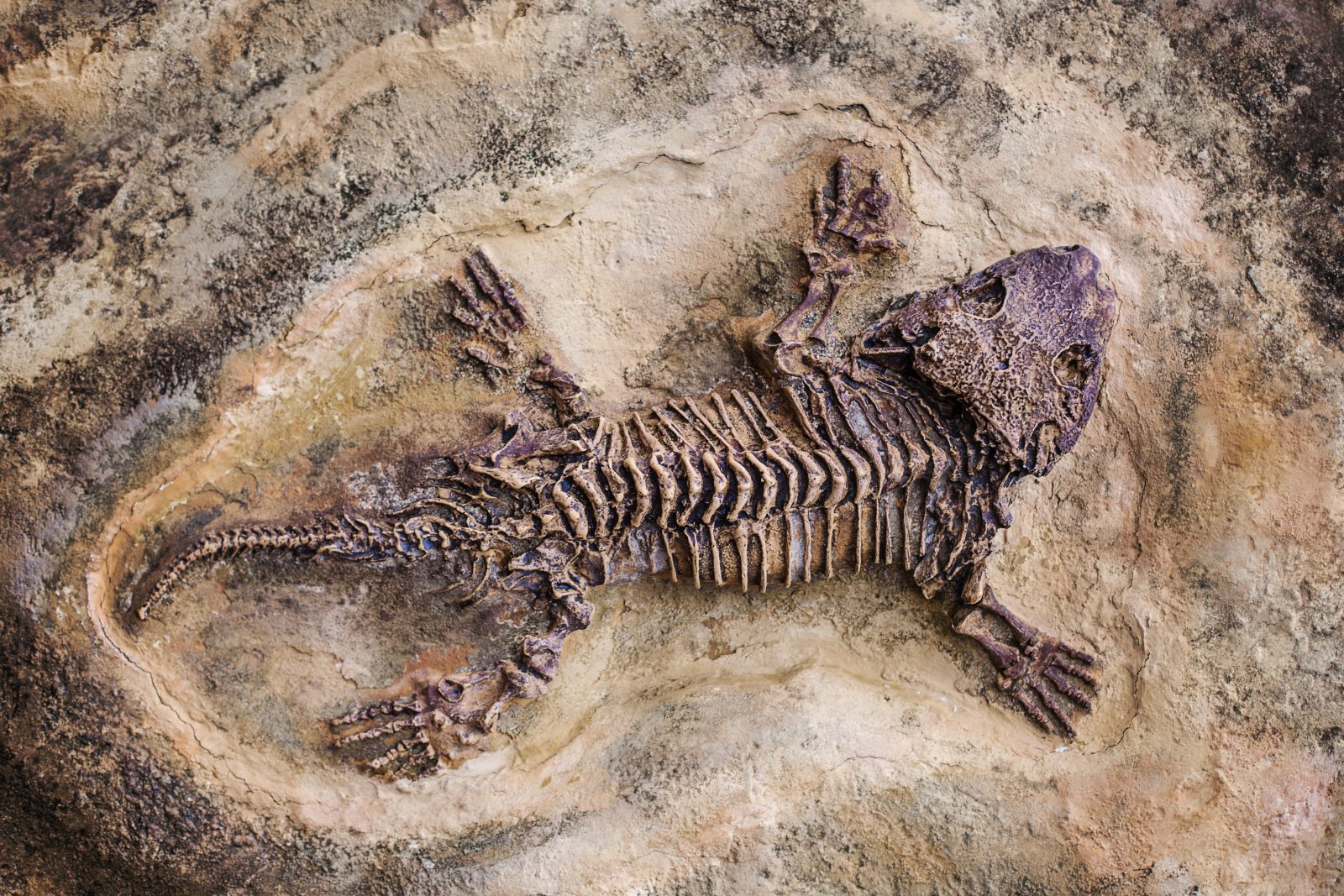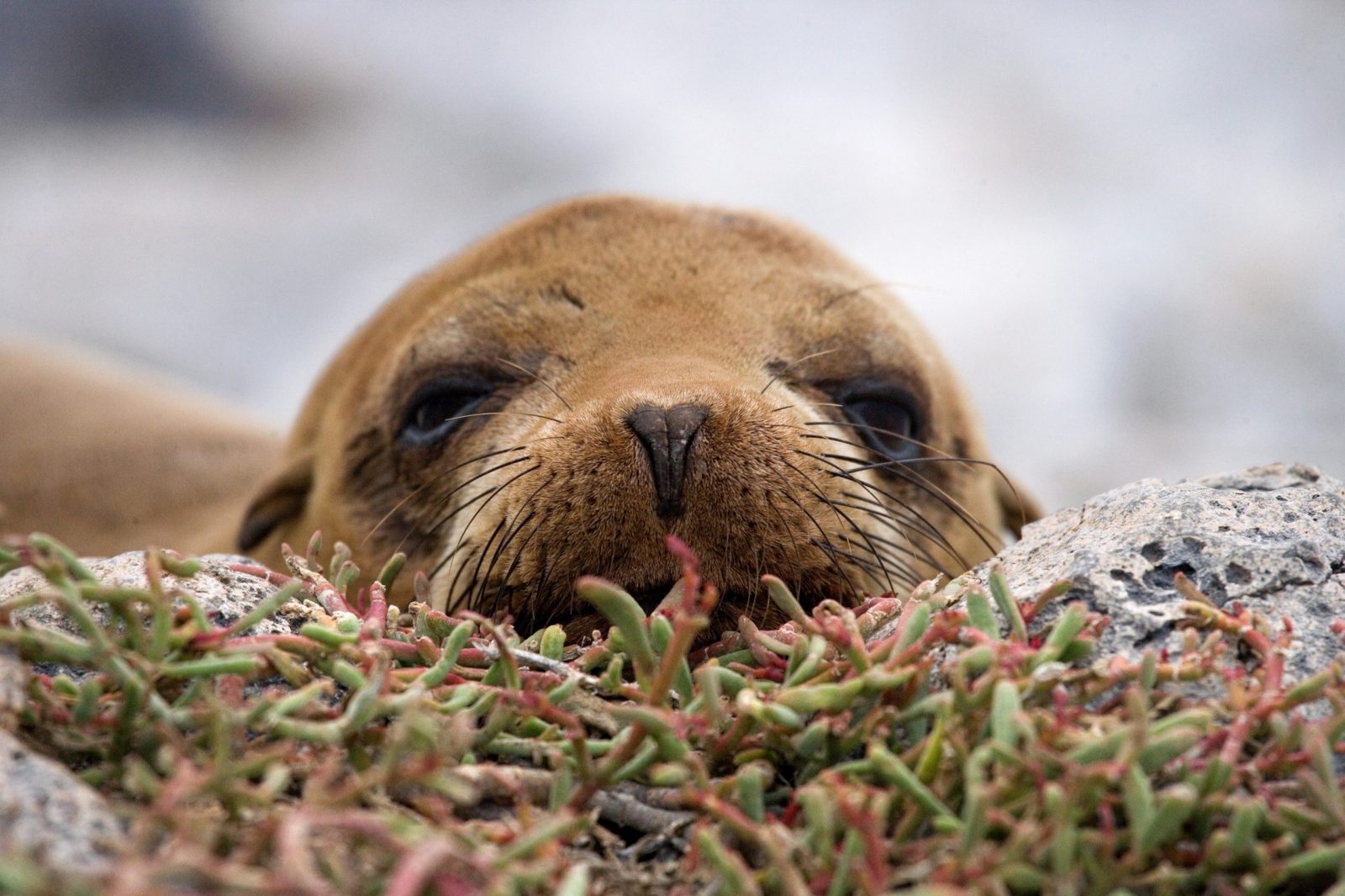


Behe and Ramage: Evolution’s Limits and the Fingerprints of Design
Today’s ID the Future wraps up a debate over evolution and intelligent design between Lehigh University biologist Michael Behe and Benedictine College theologian Michael Ramage. Both Behe and Ramage are Catholic, and they carry on their conversation in the context of Catholic thinking about nature and creation, in particular the work of Thomas Aquinas and contemporary Thomist philosophers. Ramage seeks to integrate his Thomistic/personalist framework with modern evolutionary theory’s commitment to macroevolution and common descent. Behe doesn’t discount the possibility of common descent but lays out a case that any evolution beyond the level of genus (for instance, the separate families containing cats and dogs) cannot be achieved through mindless Darwinian mechanisms and, instead, would require the contributions of a designing intelligence. Behe then summarizes both the negative evidence against the Darwinian mechanism of change and the positive evidence in nature for intelligent design. This debate was hosted by Pat Flynn on his Philosophy for the People podcast, and is reposted here by his permission.

Jonathan Wells and The Comprehensive Guide to Science and Faith, Pt. 1
Today’s ID the Future spotlights a new book, The Comprehensive Guide to Science and Faith: Exploring the Ultimate Questions about Life and the Cosmos, and specifically a chapter by biologist Jonathan Wells titled “What are the Top Scientific Problems with Evolution?” Wells is the guest, and the host is geologist and Center for Science and Culture associate director Casey Luskin, who co-edited the anthology from Harvest House Publishers. In this episode the first problem that Wells highlights concerns homology and convergence. A second problem involves fossils. Darwin anticipated “innumerable transitions” in the fossil record, but such a rainbow of transitional forms has never been found. Not even close. Another problem, molecular phylogenies. Another: the lack of observational evidence that natural selection can help to accumulate many small changes into major new innovations. What about the power of random mutations, with or without natural selection? Wells says that this, too, is a problem for modern evolutionary theory, and he provides laboratory evidence to support his claim. Another problem: evidence pouring in from what are known as molecular phylogenies. As Luskin notes, there is much more in the essay, and it’s only one of many essays in the new anthology, with contributions from many of the leading lights of the intelligent design movement. Each essay is written in a concise and accessible form. Find the new book at Amazon and other online booksellers.

Robert Waltzer on Evolutionary Theory’s Room for Humility
On this episode of ID the Future, biologist and professor Robert Waltzer talks with host Andrew McDiarmid about Waltzer’s chapter in the new Discovery Institute Press volume Evolution and Intelligent Design in a Nutshell. Waltzer’s chapter covers some key terms in the evolution/ID conversation that are often misunderstood or misused. These include the word “evolution” itself, “change over time,” “common descent,” and “natural selection.” He offers quick definitions and explains some of the confusion surrounding them. Waltzer also describes an encouraging success story of his about fostering open dialogue and exploration of the evidence for design in nature.

Of Natural Selection, Explanatory Deficits, and Bunnies Dark and Light
On this episode of ID the Future we hear the first part of Discovery Institute Education Outreach Associate Daniel Reeves’ talk at the 2020 Dallas Science and Faith Conference. Reeves outlines the meaning of natural selection, and traces its history, starting from Darwin’s early understanding, in the days when cells were viewed as just blobs of protoplasm. Reeves carries the story from there through the neo-Darwinian modern synthesis and into the extended evolutionary synthesis, culminating in a 2016 meeting of the Royal Society on the theory’s continuing — and still unresolved — explanatory deficits.

Evolution, ID, and the Coronavirus: Jonathan Wells Explains
On this episode of ID the Future, biologist and Discovery Institute senior fellow Jonathan Wells tackles questions of evolution and intelligent design as they relate to the novel coronavirus SARS CoV-2. Is it the product of evolution, in the sense of Darwin’s Origin of Species? Wells argues to the contrary: It’s not a new species; in fact viruses aren’t even considered living species. Does modern evolutionary theory guide medicine’s response? Not when you consider that most of the major treatments being used and pursued actually preceded Darwin. Is intelligent design involved? Yes and no, Wells says. Listen in to get his take on this and more.

Günter Bechly: Still More Evidence Against Darwinian Gradualism
On this episode of ID the Future, paleontologist Günter Bechly speaks again with host Andrew McDiarmid about the growing case against Darwinian gradualism. Bechly points out two more cases where fossil discoveries refuted Darwin’s prediction of gradualism in species transitions. In one of the classic showcases for such alleged transitions, between two species of deep-sea protists called foraminifera, more recent research showed their speciation to be abrupt and not an ancestor-descendent sequence. And fossil freshwater snails from Germany, once viewed as another textbook example of gradual speciation, were discovered not to be separate species at all. Is there a paradigm change coming in evolutionary studies? Nothing fits the data better than intelligent design.

Paul Nelson Visits the Galapagos Islands, Pt. 2
On this episode of ID the Future, philosopher of biology Paul Nelson continues his discussion with host Andrew McDiarmid about Nelson’s recent visit to the Galapagos Islands, made famous by Charles Darwin. Nelson explains how Darwin was right — partly. Darwin urged biologists to consider the history of a plant or animal, an idea that was much neglected in the work of his predecessors. As Darwin’s experience on the Galapagos showed, and as Nelson’s experience there echoed, history must be part of our explanation for how species and populations have become the way they are today. At the same time, there are demonstrated limits to evolutionary change, Nelson argues, and so natural history alone cannot be the entire explanation for the origin of biological form.

Protein Scientist Douglas Axe at the Dallas Area Science and Faith Conference
On this episode of ID the Future, guest host Jonathan Witt sits down with molecular biologist Douglas Axe at the recent Dallas Science and Faith Conference. Axe, author of Undeniable: How Biology Confirms Our Intuition That Life Is Designed, had his research on protein folds published in the Journal of Molecular Biology, work showing that random mutations are not up to the task of building fundamentally new protein folds from old, a finding that poses a major challenge to modern evolutionary theory. After all, if evolution can’t build something as basic as a new protein fold, how could it build whole new organs and body plans in the history of life? But Witt presents Axe with an objection: Axe couldn’t possibly have tested more than the tiniest fraction of a fraction of all the possible amino acid combinations for the protein he studied, so how can we trust his findings? Tune in to hear Axe’s explanation, and to learn about other lines of evidence confirming his research.
